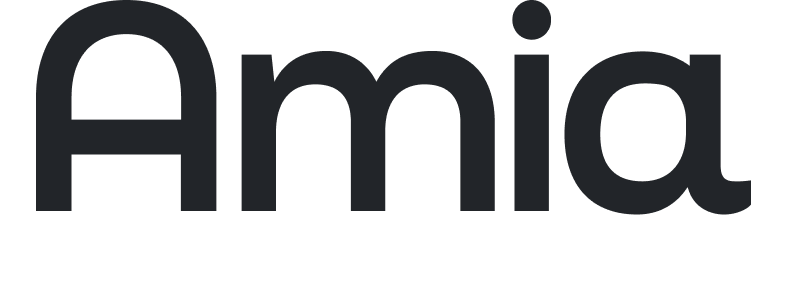Alternative Feeding Options
Beyond Breastfeeding and Formula
Sometimes, despite your best efforts, breastfeeding doesn't go exactly as planned. Whether due to low milk supply or medical issues, you might need alternative or supplemental feeding options. Remember, "fed is best," and the right feeding path is the one that works for you and your baby.
Donor Breast Milk: The Gold Standard
Donor milk is breast milk from other mothers who have been carefully screened and tested. It's a great option because it provides many of the benefits of human milk, even when a baby's own mother can't provide enough.
- Hospital-Based Milk Banks: These non-profit banks follow strict safety protocols. They test donors and pasteurize the milk to destroy pathogens while preserving many beneficial properties. This milk is primarily reserved for the most vulnerable babies, like those born prematurely or with serious medical conditions.
- Private Milk Donation: While more accessible, these informal networks lack the rigorous screening and pasteurization of milk banks. It's crucial to be cautious if considering this option and to know the donor's health status.
Supplemental Nursing System (SNS): Feeding at the Breast
An SNS is an innovative device that allows a baby to get extra milk directly at the breast. It consists of a container of milk (expressed milk, donor milk, or formula) and a thin tube that is placed next to the nipple.
- How it Works: The baby breastfeeds as well as receiving the extra milk from the tube. This dual action helps maintain the breastfeeding relationship, stimulates the mother's milk production, and ensures the baby gets the nutrition they need.
- Who It's For: An SNS is a great option for babies with a weak suck, premature babies, or adoptive parents who want to breastfeed.

Formula Feeding: A Medically Necessary Option
Sometimes, formula is medically necessary to ensure your baby is gaining weight. This might be the case if extra breastfeeds or donor milk aren't making enough of a difference.
- Combination Feeding: You don't have to stop breastfeeding if you use formula. You can do both! Even small amounts of breast milk provide significant benefits.
- Returning to Exclusive Breastfeeding: If your goal is to exclusively breastfeed, you can work with a lactation consultant to create a plan to gradually reduce formula use as your baby's weight improves.
Solid Foods: Not the Solution for Weight Concerns
Babies under six months don't need solid food. Breast milk and formula are much more calorie-dense than most solids, and a baby's digestive system isn't mature enough to process them properly. Introducing solids early can actually reduce a baby’s overall caloric intake by filling them up without providing optimal nutrition.
🌿 Trust Your Instincts and Seek Help
Remember that weight is just one part of your baby's health. Other important indicators of a thriving baby include being alert, meeting developmental milestones, and having adequate wet and dirty diapers. Trust your instincts and contact your pediatrician if you are concerned, especially if you think your baby might be dehydrated.
The world of infant feeding can feel overwhelming, but you're not alone. The right feeding plan is the one that keeps your baby healthy and happy while supporting your family's well-being.

Alex Haluzo
Lead Paediatrician
at Amia
at Amia
